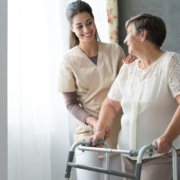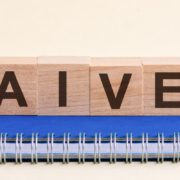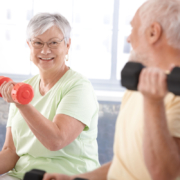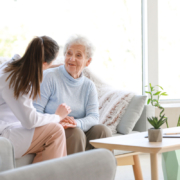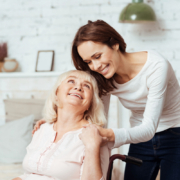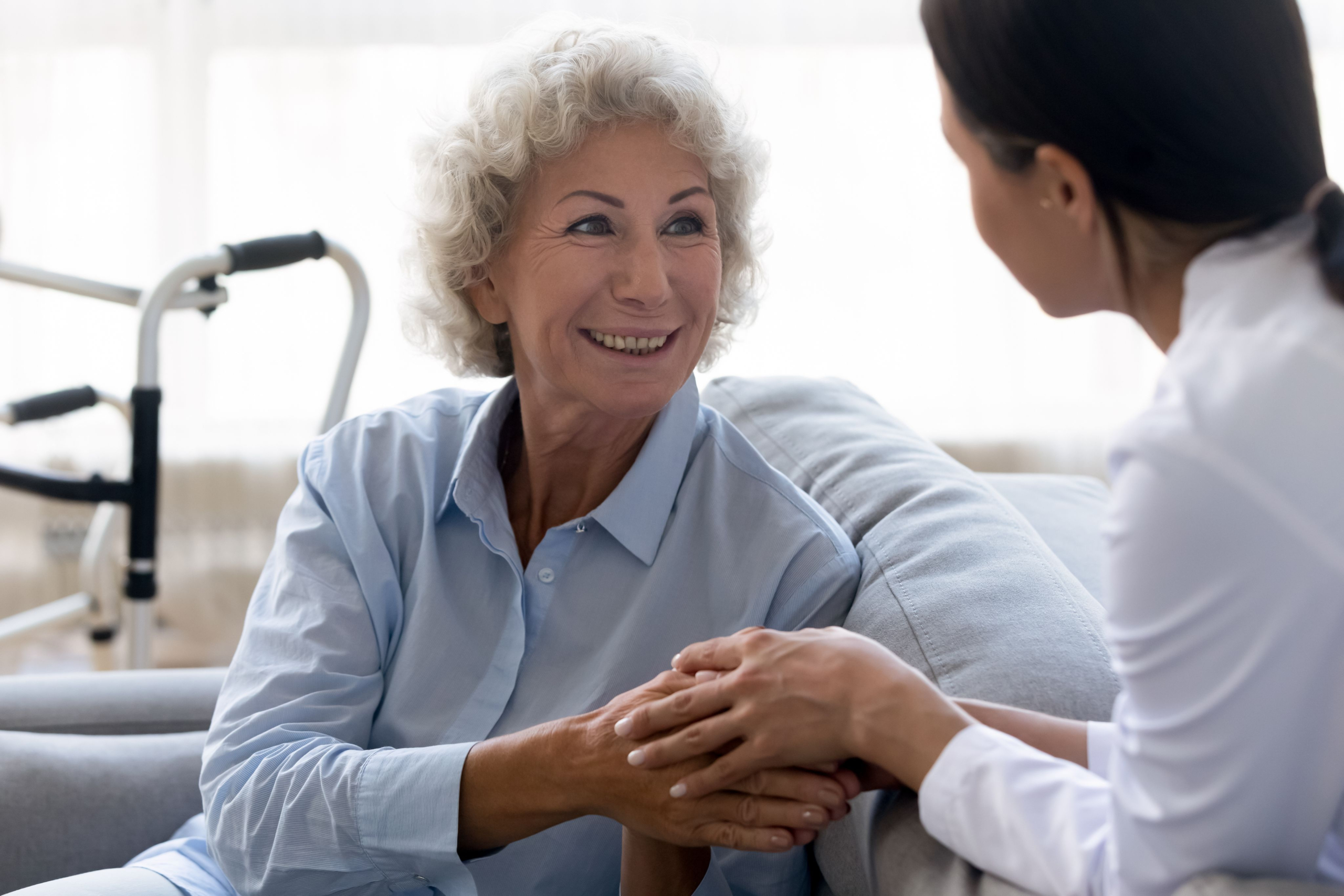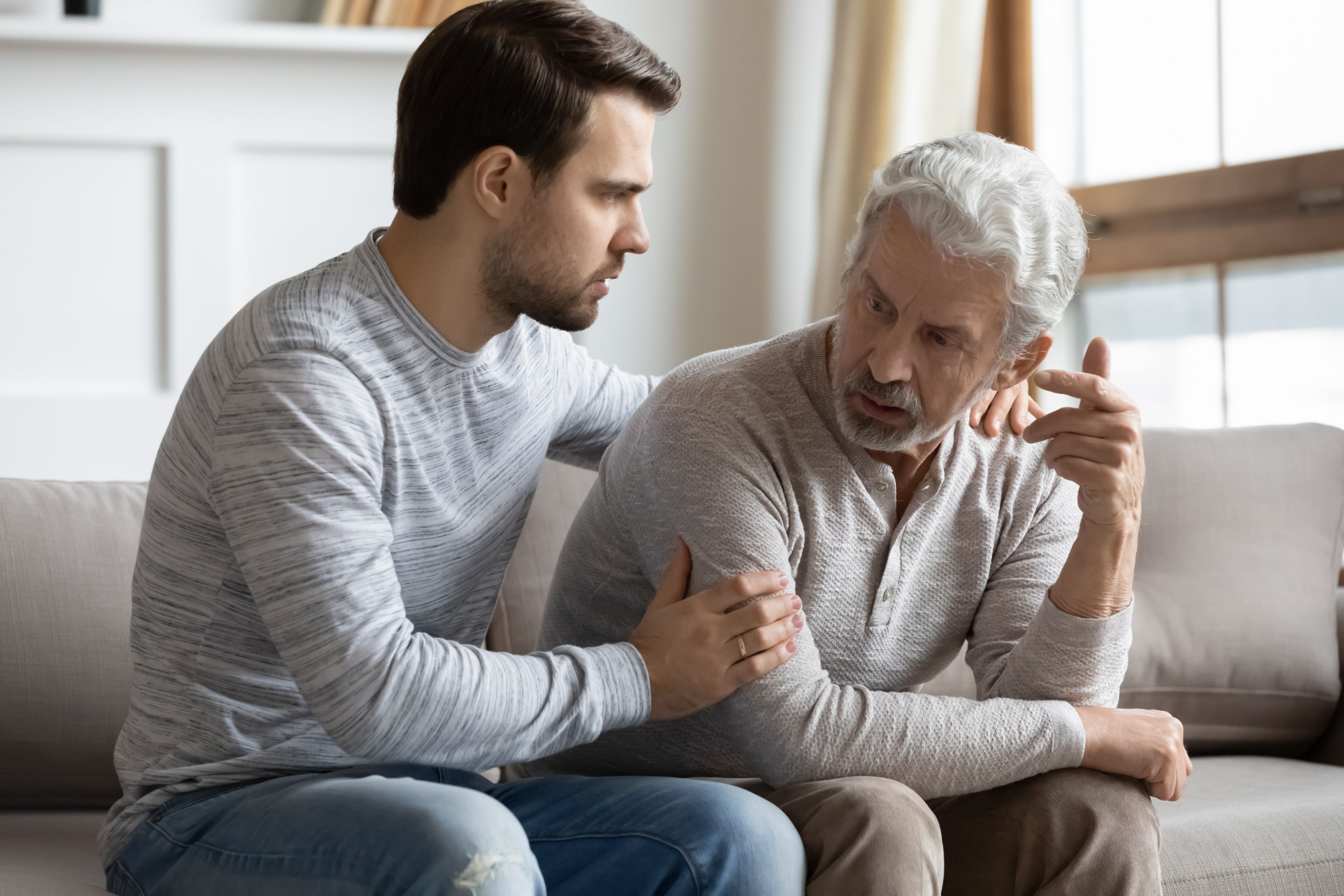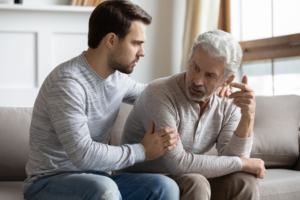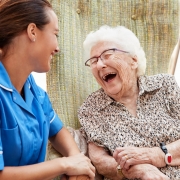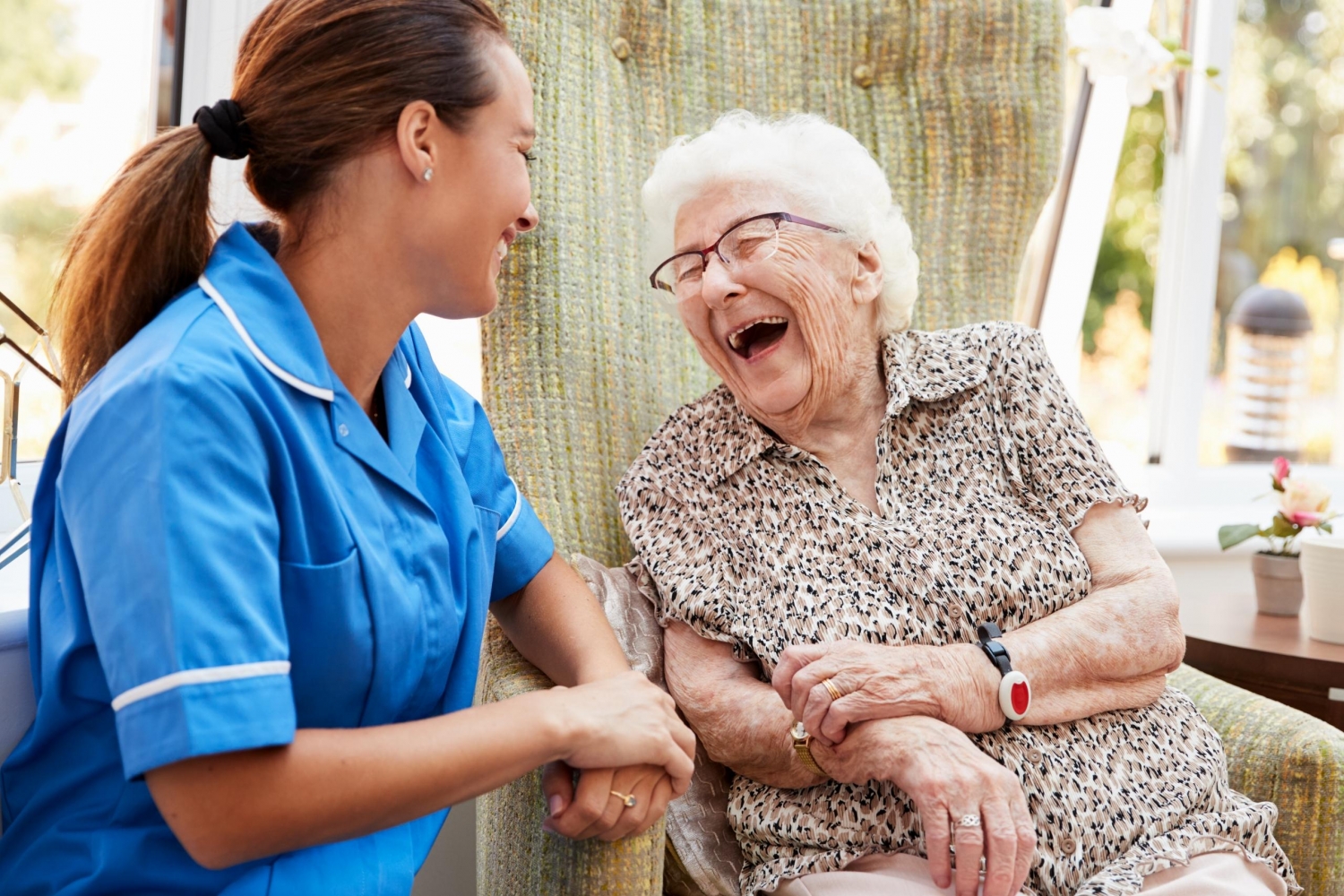4 Signs Your Elderly Loved One Needs Help at Home
Caring for an elderly loved one can be both rewarding and challenging. As our parents or grandparents age, they may require additional assistance to ensure their safety, well-being, and overall quality of life.
Elder care in Norristown, PA, plays a crucial role in supporting seniors who wish to age gracefully in the comfort of their own homes. Recognizing the signs that your elderly loved one needs help at home is essential for providing the necessary care and attention they deserve.
Declining Mobility and Personal Care
One of the key indicators that your elderly loved one may require extra support is a noticeable decline in their physical capabilities. Watch out for decreased mobility, such as difficulty walking, unsteady balance, or frequent falls.
If they struggle with daily activities like bathing, dressing, or grooming, it may be a sign that they need assistance from professional caregivers specializing in elder care in Norristown, PA. Addressing these challenges proactively, you can help your loved one maintain their independence while ensuring their safety.
Memory Loss and Confusion
Cognitive decline, including memory loss and confusion, is another common concern among aging adults. If your loved one is exhibiting forgetfulness, struggling with routine tasks, or experiencing frequent episodes of disorientation, it may indicate a more serious condition such as Alzheimer’s or dementia.
Seeking professional assistance from elder care experts in Norristown, PA, can provide the necessary support to manage these cognitive challenges effectively. The home care provider will give you peace of mind your loved one is cared for and safe while you cannot be with them.
Neglected Household Duties and Erratic Finances
Take notice if your elderly loved one’s once well-maintained home shows neglect. Piled-up laundry, dirty dishes, or an unkempt living environment can indicate that daily chores have become overwhelming for them.
Additionally, erratic financial habits, unpaid bills, or misplaced important documents may point to cognitive decline or difficulty managing their finances. By engaging elder care services in Norristown, PA, you can ensure that your loved one’s household tasks and financial responsibilities are well taken care of.
Finding the Right Elder Care Service
Choosing the right elder care service is a critical decision that requires careful consideration. When searching for the ideal care provider for your elderly loved one, it’s essential to prioritize their unique needs and preferences.
Start by researching reputable eldercare services that specialize in providing personalized care for seniors. Look for agencies with a proven track record, positive reviews, and experienced caregivers. Consider factors like availability of skilled nursing care, flexibility in scheduling, and affordability.
Is It Time to Look Into Elder Care in Norristown, PA?
As our loved ones age, we are responsible for monitoring their well-being and providing the necessary support they need to thrive. Recognizing the signs that your elderly loved one requires assistance at home is crucial in ensuring their safety, happiness, and overall quality of life.
Elder care services in Norristown, PA, are dedicated to providing personalized care solutions that address the unique needs of aging adults. By partnering with professionals specializing in elder care, you can offer your loved one the compassionate assistance they deserve, allowing them to age gracefully and comfortably in the place they call home.

